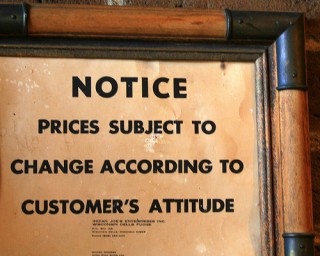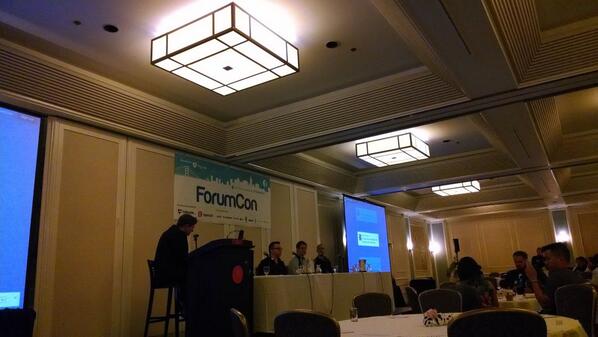August’s Community Manager Breakfast focused on Internal Communication, a challenge that many departments face but particularly vexes community departments. We had a fantastic group with a lot of similar challenges and some great suggestions (I’m implementing at least two of them). A selection of them are below, but for the full shebang you’ll want to attend our next breakfast.
Thanks to Krista Gambrel for taking notes! You can finger her on Twitter @kristagambrel and her company @mindieapp.
Biggest Challenges
- Getting Info: Many struggled with getting insight into roadmaps, what other departments were doing, etc.
- Participation: Getting team members to participate on an intranet, give them images for social, just give feedback.
- Brand Disconnect: On a similar note, a lot of CMs got negative feedback on certain posts but didn’t get any directional feedback about the brand to help shape those posts. Sometimes, even the general mission statement was a bit of a mystery.
Getting Info
Why is there a disconnect? Perhaps because people don’t understand the role of Community Management.
Show metrics if you can:
- Do customers spend more? Are they more loyal? More satisfied?
- What is the average case cost? The community answers questions for you and saves company money.
Not all products have metrics to report – some people don’t have sales goals. In that case, ask questions: What are the top 3 things your boss needs to have done? Come in with ideas and recommendations. Be diligent about following up.
Participation
Pro Tip: “What’s Up Wednesday?”
Four questions:
What are you excited about this week?
What are the challenges you face?
What is something you have read?
- (One question cycles through)
Then follow up with public thank-you’s (people notice if their name isn’t in there, and feel bad). Helps set a habit for participation.
Is it spammy? Sure, but if it’s a small enough team and you have buy-in from management, it works.
Brand
- Ask for Forgiveness and not for permission – you gotta publish something
- Try not to be defensive- feedback is really important
- Ask them to describe the brand voice as a character – it helps!
Asking what did the person liked is more useful than what they didn’t like.
General Tips
- Forgive, forget and move on. It’s easy to get passive-aggressive. New day, new game.
- Make time for direct communication. Make time for a “standing-meeting” and have direct communication to talk about main points.
- Be empathetic to what your colleagues are looking for and elicit empathy.
- Know your motivators, and internal audience.
- Communication isn’t about what you say, but about how you act and how you say it and also how you listen.
- Don’t be afraid to ask questions and listen. Its so important in extracting information.

